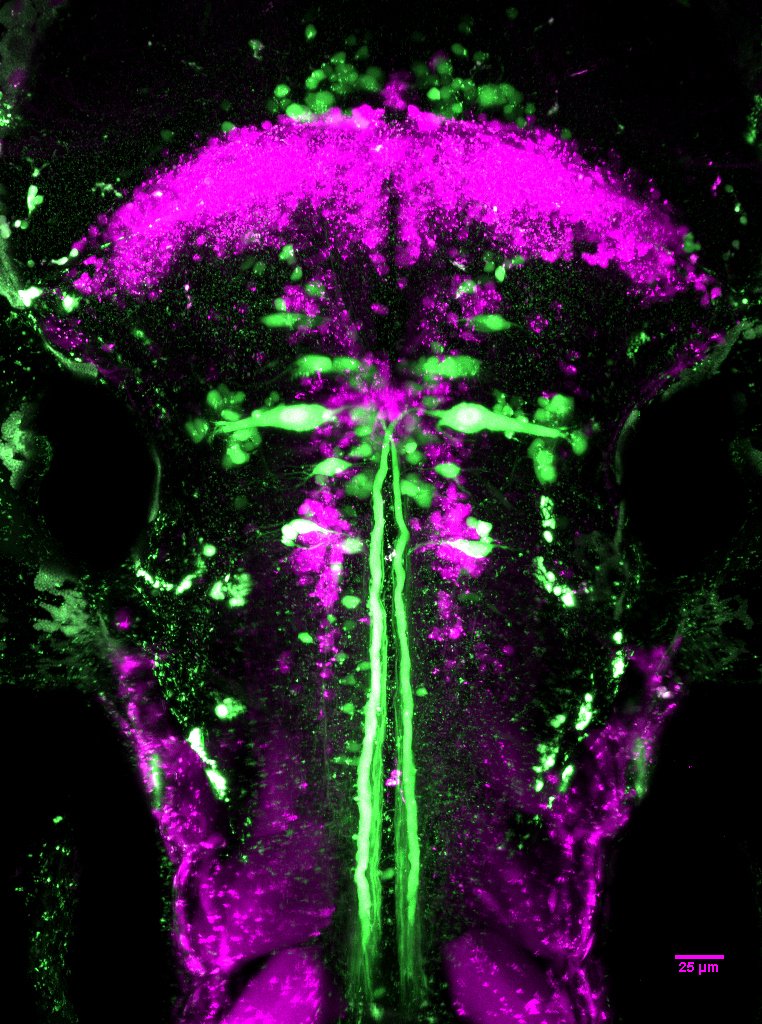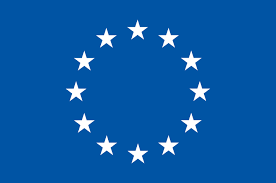About

News
(View all)-
 Zenith @ CSHL Zebrafish Neurobiology meeting
Zenith @ CSHL Zebrafish Neurobiology meeting
-
 Elena presents @ FrenchZebrafish meeting
Elena presents @ FrenchZebrafish meeting
-
 Alizée wins poster prize at the Neurobiology of Social Behaviors meeting
Alizée wins poster prize at the Neurobiology of Social Behaviors meeting
-
 Phil presents @ Glia2023
Phil presents @ Glia2023
-
 ZENITH Hackathon & Symposium
ZENITH Hackathon & Symposium
-
 Outreach: Alizée @ Pint of Science again!
Outreach: Alizée @ Pint of Science again!
-
 Internship position at CRG - APPLY NOW!
Internship position at CRG - APPLY NOW!
-
 Tom's Secondment at TUM
Tom's Secondment at TUM
-
 Zenith 3rd Training Workshop - Basic Imaging
Zenith 3rd Training Workshop - Basic Imaging
Welcome to the ZEbrafish Neuroscience International Training Hub (ZENITH)!
The aim of ZENITH is to train a new generation of neuroscientists in cutting-edge approaches that bridge biology, physics, and mathematics to uncover the mysteries of brain formation and function.
The ZENITH PhD program will train 15 students, hosted by 13 laboratories, who will undertake projects that address major questions in neuroscience.
ZENITH will exploit the power of zebrafish and Danionella – vertebrates with small transparent brains that allow brain formation and function to be studied at scales that span from the molecular properties of single cells through to the activity of entire neural networks and whole animal behaviour. ZENITH is built around five scientific themes:
-
Implementing advanced optical methods
-
Linking molecules to circuits
-
Studying communication between cell types and regions
-
Linking circuits to behaviour
-
Computational modelling of neuronal population activity and behaviour

Students will benefit from exceptional training in the context of ambitious, innovative projects that focus on networks underlying perception, movement generation and coordination, as well as complex social behaviour and vocalisation.
ZENITH is unique because:
-
Students will gain multi-disciplinary training by undertaking their projects in at least two laboratories with diverse expertise.
-
Students will be immersed in genetics, imaging, optics, behaviour and computational modelling approaches through bespoke training workshops.
-
Students will have the opportunity to work in partnership with high-tech companies and apply discoveries to diverse fields of research.
The ZENITH programme will recruit and train 15 students who will commence their research projects by September 2020. Generous funding is provided for 3 years.
This project has received funding from the European Union’s Horizon 2020 research and innovation programme under the Marie Skłodowska-Curie actions.
Scientific Advisory Board

- Herwig Baier
- Kevin Briggman
- Winfried Denk
- Abdel El Manira
- Rainer Friedrich
- Jean Rossier
- Erin Schuman
- Alex Schier
- Steve Wilson
- Karl Kilborn
Host Institutions
- ICM : Institut du Cerveau et de la Moelle épinière
- SU : Sorbonne Université
- UCL : University College London
- UEDIN : University of Edinburgh
- TUM : Technical University of Munich
- Charite : Charité – Universitätsmedizin Berlin
- Champalimaud : Champalimaud Foundation
- CRG : Centre De Regulacio Genomica
- ZeClinics : ZeClinics SL
- U Vienna : University of Vienna